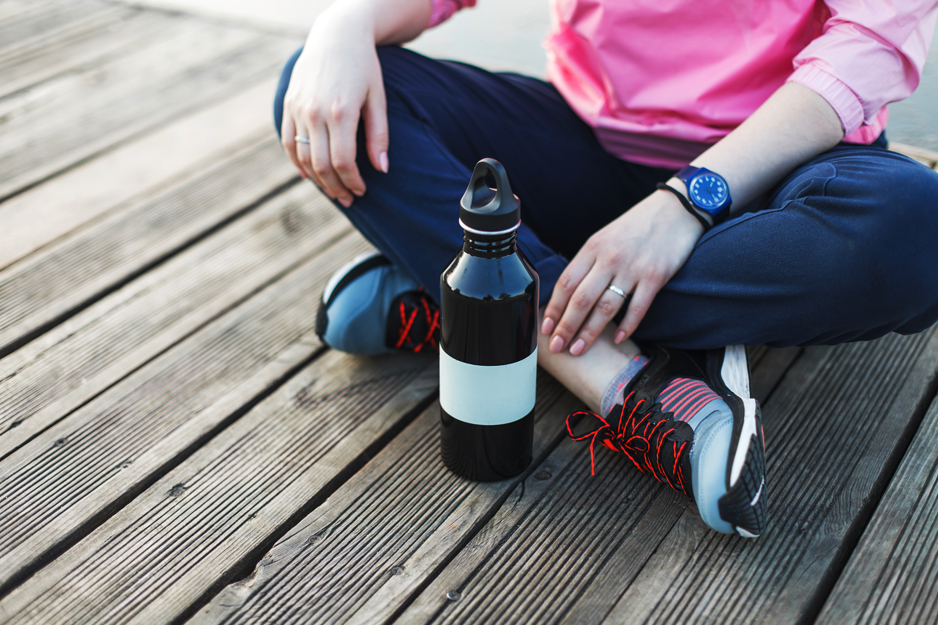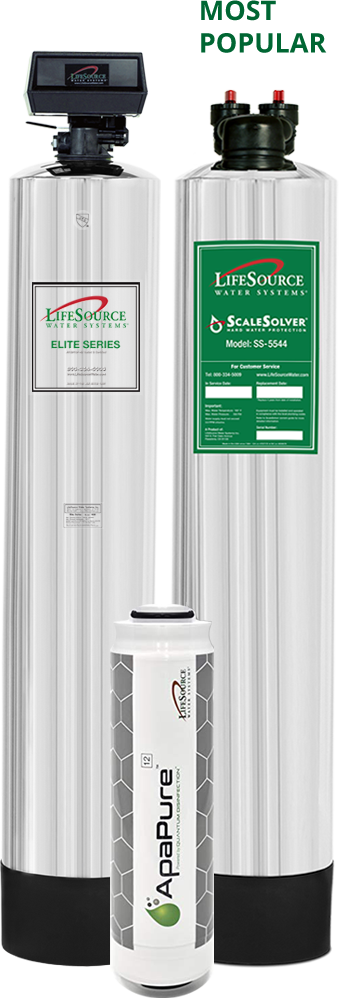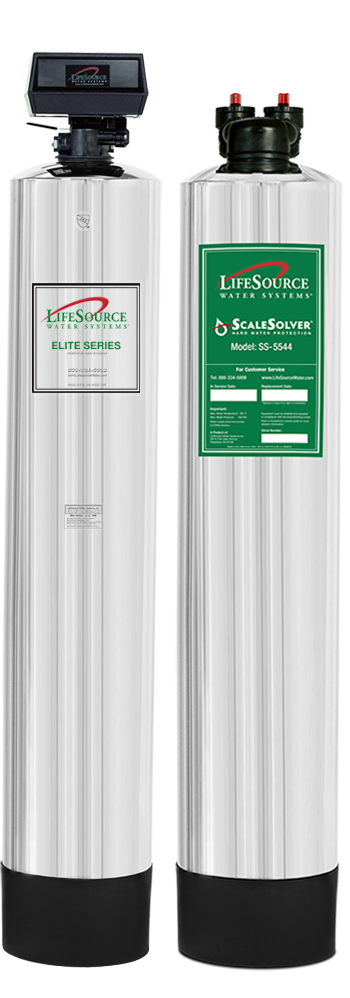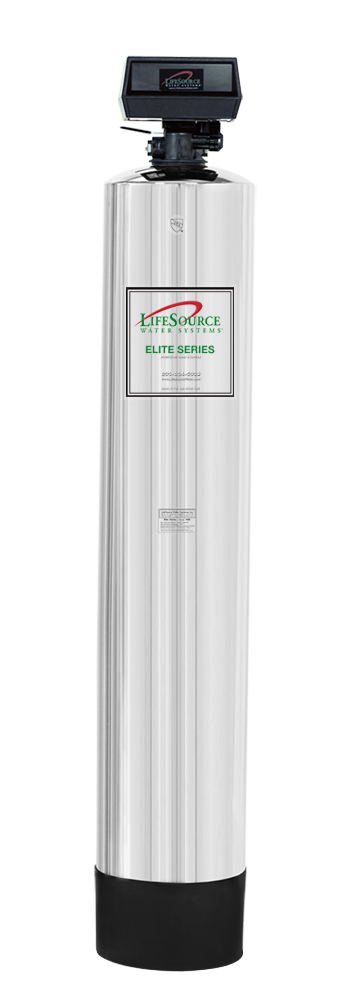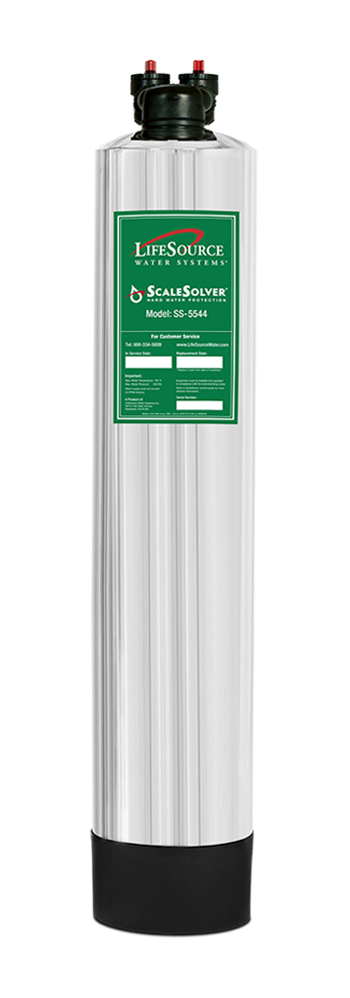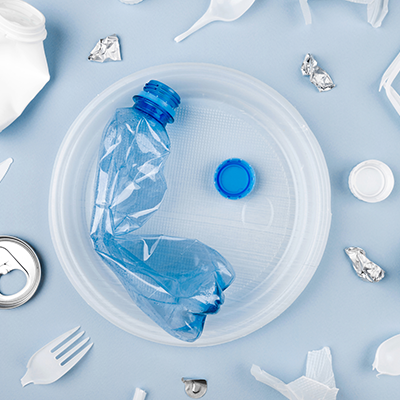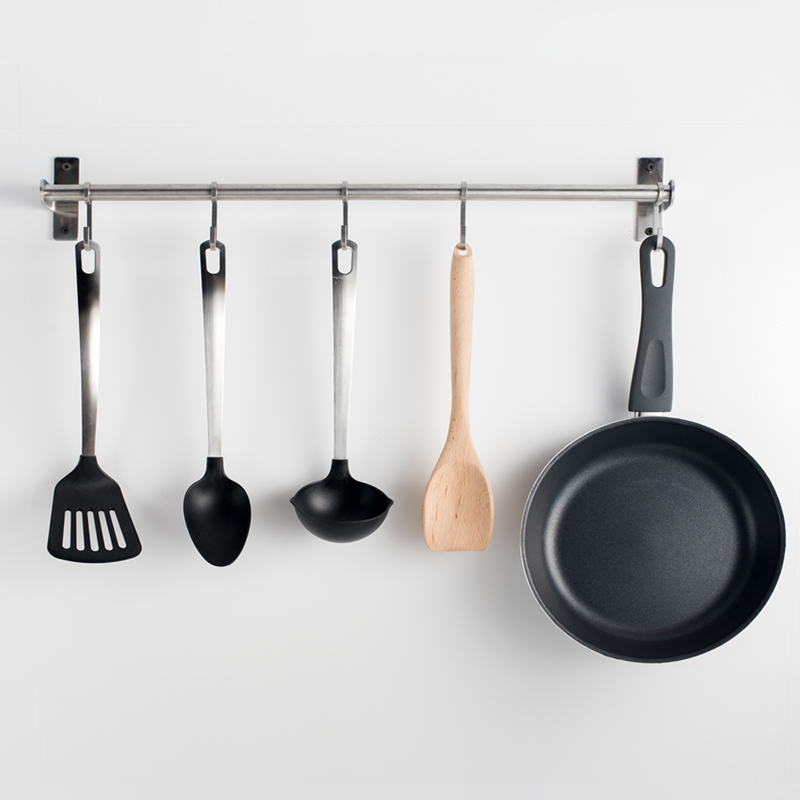
Is There Microplastic in Our Water?
A new independent study by Orb Media and Fredonia State University found microplastic in bottled water.
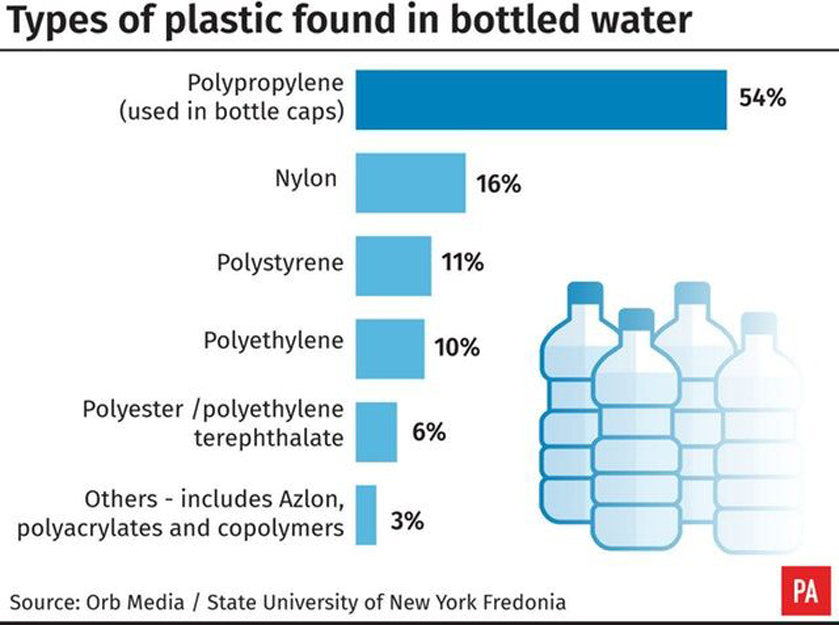
Microplastic is pretty much what it sounds like: very very tiny particles of plastic.
Un-fun Fact: Plastic is not biodegradable - once plastic is made, it’s here forever.
Plastic slowly breaks down into smaller and smaller bits of plastic until it becomes so small it’s microscopic. This is microplastic. Some science experts are concerned plastic fibers may get so small, that they will be able to pass through our intestinal walls.
I’m no expert, but that can’t be good.
Scientists can’t pinpoint for sure how microplastic is getting into bottled water. The current theory is that microplastic found in water bottles is getting into the water during the packaging and bottling process itself.
The same plastic used to make the water bottle caps were found in the water - these include polyethylene terephthalate (PET), nylon and polypropylene.
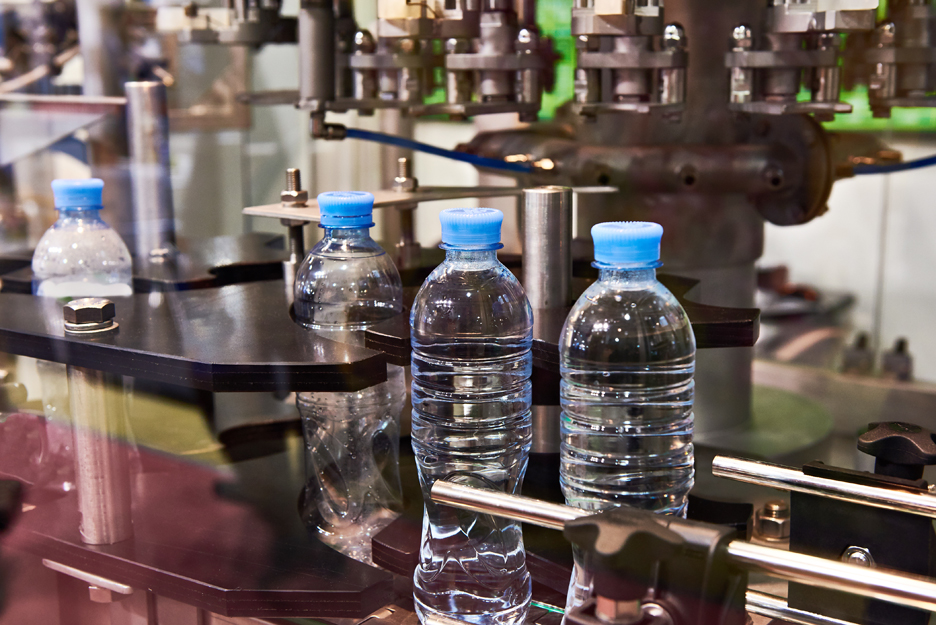
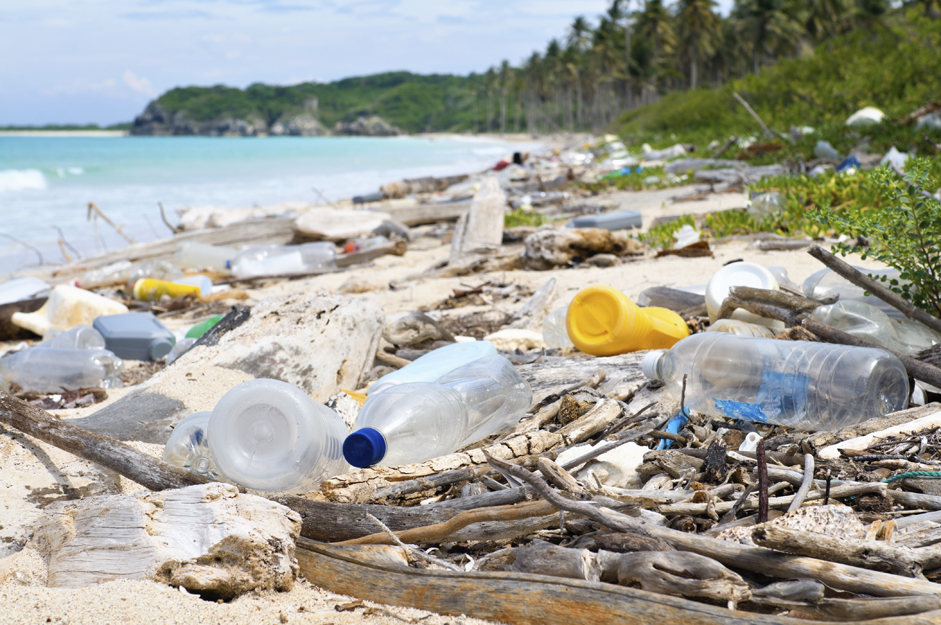
Currently there are not enough studies for scientists to say what the impact of microplastic will be on our health. Until recently, most studies on microplastic contamination have focused on our oceans and the possible effect microplastic has on our food chain.
These studies have shown microplastic can absorb toxic chemicals associated with cancer and other illnesses. When microplastic is consumed by animals, these same toxins are released.
My personal hunch: consuming microplastic is not good for our health.
Good question! One easy and healthy solution is to filter your tap water at home. Maybe instead of buying plastic water bottles, use a refillable water bottle made from stainless steel or glass!
